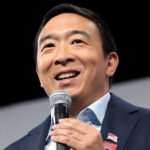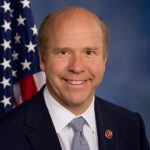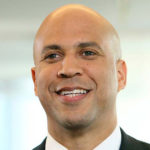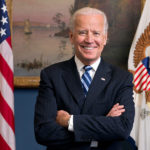The Question of Military Expenditure
The defense budget has been an issue of great contention among all presidential candidates in 2020. Some support increased military spending while others propose a major cut in the defense budget.
On Monday, President Trump released a $4.8 trillion budget proposal. It included a familiar list of major cuts to student loan assistance, affordable housing schemes, Medicaid, and food stamps. This move directly displays Mr. Trump’s election-year attempt to continue shrinking the federal safety net.
This proposal is quite unlikely to be approved in its entirety by Congress, and it features additional spending for the national defense, military, and border enforcement, along with financial assistance for veterans.
President Trump, while addressing the nation’s governors at the White House on Monday, said that his budget proposal would boost the United States military and nuclear arsenal and help in getting the deficit close to zero in “not that long a period of time.”
Let’s check out what the other presidential candidates have to say about this issue.
Sen. Bernie Sanders clearly expressed his views on the matter by stating that the spending on the military shouldn’t be more than that of the next 10 nations combined. He further added that the Defense Department tried to hide a report highlighting $125 billion in bureaucratic waste at the Pentagon.
Democratic candidate Elizabeth Warren is appalled at the fact that the US will spend $700 billion on defense alone in 2020. She thinks its important to identify the right programs that are actually of any benefit to American security and help our troops and their families. Warren says many programs just focus on filling the personal coffers of defense contractors with more money.
Former Vice President Joe Biden states that our defense system can be efficiently maintained for less. He thinks the real issue is not assessing the amount that should be invested but how it should be invested. He strongly advocates for investments in technologies and innovations such as space, cyber, artificial intelligence, and unmanned systems to counter threats of the future.
Presidential candidate Pete Buttigieg thinks it is essential first to understand the security challenges and prioritizes things according to their importance. He thinks the national interest can be prioritized by ending endless wars and strategically concentrating on military operations in Afghanistan and the Middle East. He firmly believes in forming a structured, more modern, and technologically advanced force to meet future security challenges.
Conclusion
It is nearly impossible to undermine the importance of the military system. However, excessive spending on military budgets can raise many fingers on the viability of these fundings in the face of slow economic growth.


















